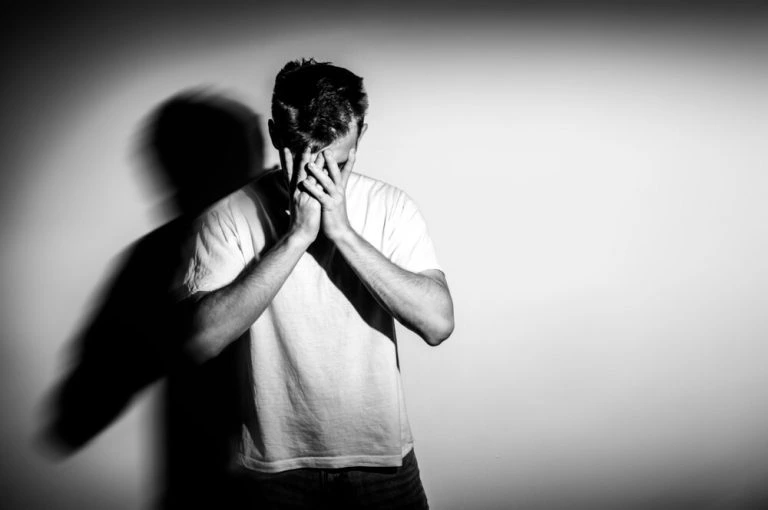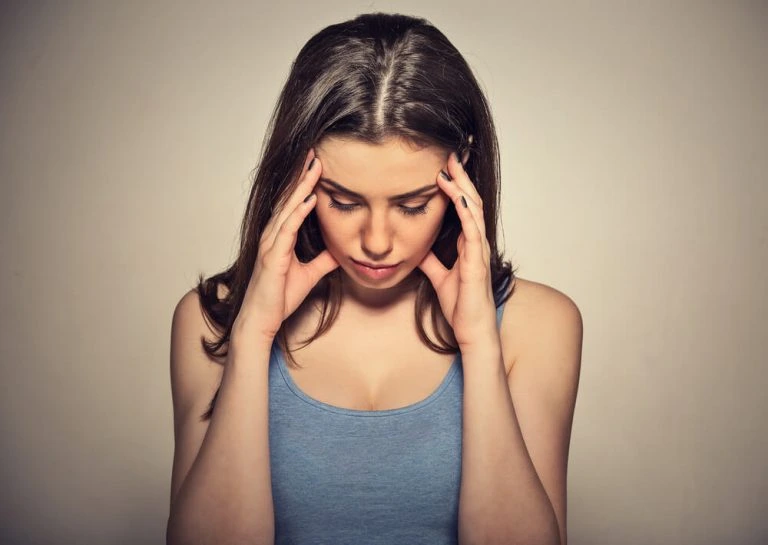Bipolar Disorder and Substance Abuse
Bipolar disorder is a mental illness that causes radical shifts in mood. Bipolar disorder is thought to be caused in part by an imbalance of the brain’s chemistry. This may contribute to the connection between having bipolar disorder and substance abuse.
An Overview of the Relationship Between Bipolar Disorder and Substance Abuse
While almost all mental conditions are associated with higher rates of drug and alcohol addiction, bipolar disorder and substance are very closely connected. In one survey of people with bipolar disorder, substance abuse disorder was also diagnosed in 60% of the participants. Other studies have found that more than 80% of bipolar sufferers will develop a diagnosable alcohol use disorder at some point in their lives.
This connection can cause serious problems for those with a dual diagnosis of bipolar disorder and a substance use disorder. Alcohol and most drugs greatly worsen the symptoms of bipolar disorder, especially when taken in large amounts or over a long period of time. This can cause the sufferer to use more substances in order to cope, which in turn leads to a vicious cycle.
What Is Bipolar Disorder
Bipolar disorder’s symptoms consist of four different types of episodes that can occur a few times a year or as often as weekly, depending on the individual.
During a manic episode, a person may be excessively cheerful, energetic, and full of grandiose ideas, or they may be very irritable. This can be dangerous, as they are much more prone to risky behavior during these periods.
A hypomanic episode is very similar but less severe and with a shorter duration.
A major depressive episode leaves a person depressed and uninterested in activities. A person may feel suicidal during this time.
Some bipolar sufferers also experience mixed episodes, which are a combination of manic and depressive feelings at once.
Bipolar disorder is categorized into bipolar I and bipolar II disorders. Bipolar II disorder is characterized by depressive periods and occasional hypomanic episodes. Bipolar I disorder consists of manic episodes accompanied by some mixed and depressive periods and is considered more severe.
The Connection Between Bipolar Disorder and Addiction
Many uncomfortable and distressing symptoms are caused by bipolar disorder. Substance abuse is sometimes used to cope with these symptoms, and this relationship makes bipolar disorder and substance abuse a common dual diagnosis.
It can be difficult to distinguish between the symptoms of bipolar disorder and addiction. The brain’s functioning is already strained by bipolar disorder, and substance abuse makes the situation even more severe. In addition, using addictive substances along with prescribed medications used to treat bipolar disorder can be a destructive or even deadly combination.
Treating Bipolar Disorder and Substance Abuse
It is critical that any treatment plan for a dual diagnosis of bipolar disorder and substance abuse involves both conditions. Treating one without treating the other is likely to lead to unsatisfactory outcomes.
Early intervention is essential to preventing the devastating consequences of being bipolar and having an addiction. Cognitive behavioral therapy (CBT) is the most common psychological treatment for those with co-occurring bipolar disorder.
CBT helps patients to examine the connections between their thoughts and feelings and better understand their actions. This helps them prepare for drug cravings and bipolar episodes.
Find an Addiction Treatment Center
If you or a loved one who struggle with bipolar disorder, substance abuse is a frightening and dangerous added factor. But you can find help now. Contact BetterAddictionCare to locate a cost-effective rehab near you that will be the best addiction counseling fit for your loved one.
At BetterAddictionCare, we understand the importance of a personalized addiction recovery process. Our addiction care specialists will work with you to create an individualized plan for treatment. Call today or fill out our contact form to get guidance and start healing with the BetterAddictionCare family.






